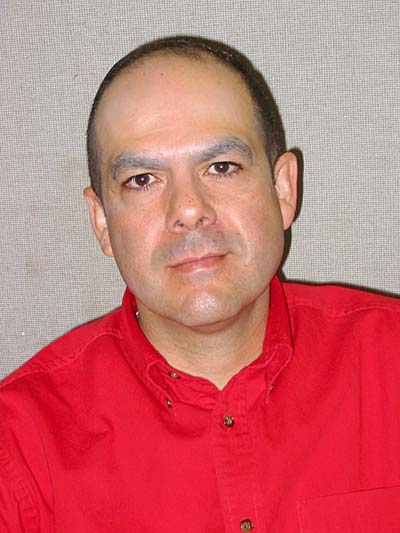Episode 19 – Part 1 of 2 parts, Fernie Sanchez, Co-Founder and President of Valiente and Sergio Chapa, reporter and documentarian discuss the LGBT Latino/Latina community. Sergio recently produced documentary “Fuera del Closet: Gay Hispanic Immigrants in Dallas.” Bob McCranie reads more of his poetry.



Featured Websites
Fuera del Closet: Gay Hispanic Immigrants in Dallas no longer available
